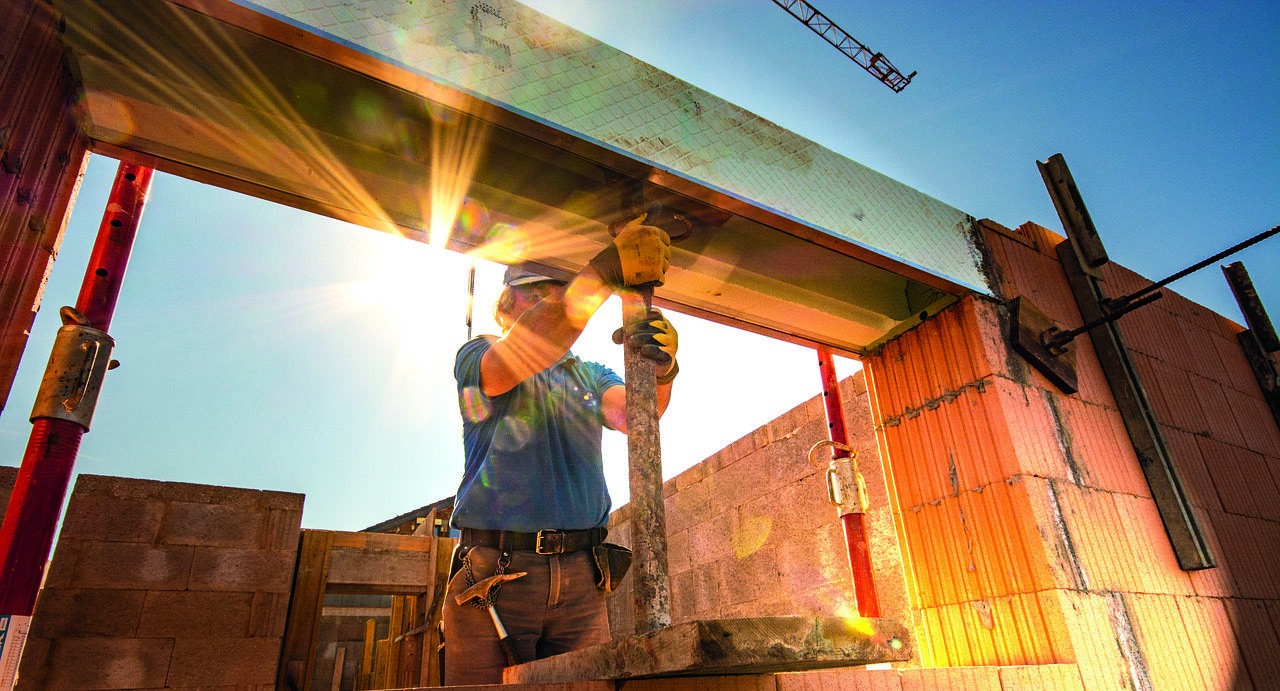

Plastic formworks serve as a pivotal component in the building process, acting as a mold or shuttering material to shape concrete structures temporarily. It provides a framework for concrete placement until it solidifies, ensuring the desired form and strength. Compared to conventional materials like wood, steel, or aluminium, plastic formwork has numerous benefits, including its lightweight, durable, reusable, and cost-effective nature.The increasing demand for sustainable construction practices, the rising cost of traditional building materials and advancements in plastic technology are driving plastic formwork construction market that is set to reach USD 827.5 million by the end of 2031.
One of the primary advantages of plastic formworks is their cost-effectiveness. Compared to traditional materials like wood and steel, plastic formworks are more affordable to manufacture and install. This cost advantage translates into significant savings for construction companies, allowing them to reduce expenses without compromising on quality. Additionally, plastic formworks are reusable, further lowering overall project costs and making them an attractive option for contractors looking to maximize their return on investment.
In addition to cost savings, plastic formworks offer significant environmental benefits. Unlike wood and steel, which require the harvesting of natural resources, plastic formworks are made from polymer-recycled materials, reducing the environmental impact of construction projects. By using recycled plastics, construction companies can help conserve natural resources, reduce landfill waste, and mitigate their carbon footprint. Furthermore, plastic formworks can be recycled at the end of their lifecycle, closing the loop on the materials used in construction and promoting a circular economy. Since Plastic formworks are usable more than 150-200 times it is also used less, compared to wood and steel.
Another key advantage of plastic formworks is their durability and resilience. Unlike traditional materials, which are susceptible to rot, corrosion, and degradation over time, plastic formworks are highly resistant to moisture, chemicals, and weathering. This durability ensures that plastic formworks can withstand the rigours of construction sites, including extreme temperatures, heavy loads, and harsh environmental conditions. As a result, plastic formworks have a longer lifespan than traditional materials, reducing the need for frequent replacements and repairs and lowering maintenance costs over time.
Furthermore, plastic formworks are lightweight and easy to handle, making them easier to transport, install, and dismantle on construction sites. This increased efficiency translates into faster construction timelines, reduced labour costs, and improved productivity for contractors and workers. Additionally, the lightweight nature of plastic formworks reduces the overall weight of the building structure, potentially leading to savings in materials and construction costs.
Versatility is another key advantage of plastic formworks. Unlike traditional materials, which are often limited in terms of shape and size, plastic formworks can be easily customized to fit a wide range of architectural designs and construction requirements. This flexibility allows architects and developers to explore innovative design concepts and construction techniques, resulting in more visually appealing and functional buildings. Whether it’s curved walls, complex geometries, or unique architectural features, plastic formworks can help bring virtually any design concept to life.
In a nutshell, plastic formworks are paving the way for more cost-effective and sustainable construction practices. With their affordability, environmental benefits, durability, efficiency, and versatility, they are increasingly becoming the material of choice for construction projects around the world. As the global market continues to grow, driven by the demand for more sustainable building solutions, plastic formworks are poised to play a vital role in shaping the future of the construction industry. By embracing plastic formworks, contractors, developers, and architects can build better, smarter, and more sustainable structures for generations to come.
1
2
3
4
5
6